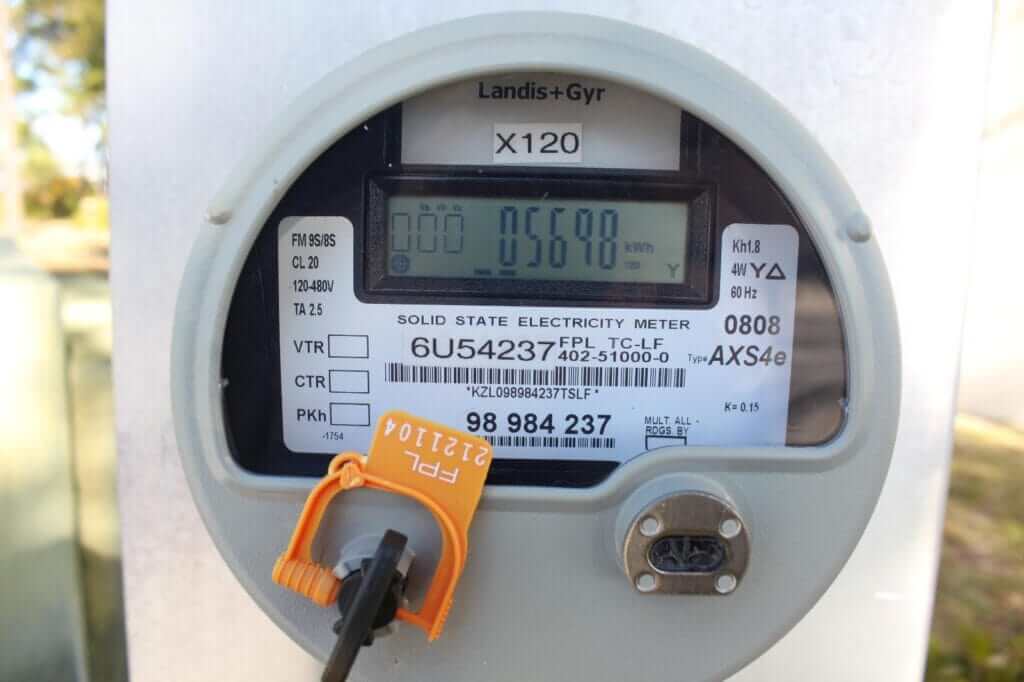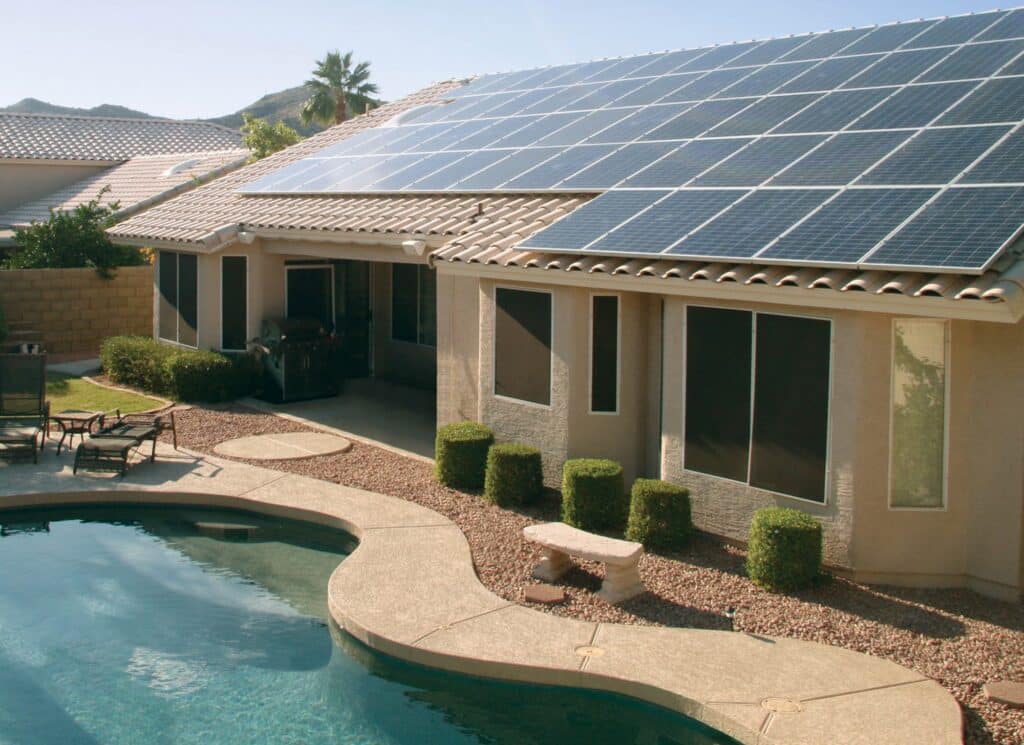Yes! As the nation’s third sunniest state. Solar makes sense in Florida despite the lack of state-level solar incentives. Instead, the reason that Florida residents should go solar is to take advantage of Net Metering programs offered by the state’s utility companies. Thankfully, Florida exempts solar systems from property tax and sales taxes. Florida residents who purchase solar may qualify for the federal investment tax credit for solar power, which currently stands at 26%.*

Florida net metering
Net metering makes solar make sense in Florida. In Florida net metering, utility companies credit the utility customer per kilowatt-hour of electricity supplied to the grid. In any month, if the customer supplies more energy to the grid than they consume, that customer receives a bill credit for that surplus. At the end of a 12 month period, if that customer has accumulated bill credits, the utility pays the customer for those credits at the utilities avoided cost.
What is the utility’s avoided cost?
A utility’s avoided cost is the amount that they would have paid for electricity if they purchased it from a power plant or if they generated it at their own power plant. Keep in mind that the avoided cost of electricity will be less than they charge their customers for electricity. Like any business, a utility company will mark up the price of the service they provide you.
Duke Energy net metering
Duke Energy customers with solar systems of 10 kilowatts or less in capacity are eligible for tier-one net metering. Duke energy checks to make sure that your solar system’s rating doesn’t exceed 90% of the electrical transformer’s rating that connects that customer to the grid. Duke Energy will also replace the customer’s meter with a bidirectional meter. That type of meter is able to record any excess power that the customer’s system sends to the grid.
If a customer has a system with a capacity of greater than 10 kilowatts, then there are additional requirements that the customer must meet before being connected to the grid.
Florida Power and Light
Florida Power and Light’s net metering policy is very similar to Duke Energy’s. Just like Duke Energy, if you have bill credits left over at the end of the year, you will receive a cash credit on your January bill. Florida Power and Light will also install a bidirectional meter to measure power sent to the grid versus power used just like Duke Energy.
Gulf Power and Tampa Electric Company
Both Gulf Power and Tampa Energy offer net metering programs similar to Duke Energy and Florida Power and Light. All of Florida’s utilities pay at their avoided cost for any bill credits that remain at the end of the year.
JEA
JEA (formerly Jacksonville Electrical Authority) does not offer net metering. Instead, the utility only compensates you at their export rate, which is very low. Freedom Forever recommends building a smaller solar system designed to ensure that you use all the power the system produces so you export no power to JEA.
Brightera with Freedom Forever make solar make sense in Florida
Going solar in Florida makes a lot of sense thanks to Florida’s net metering policy. Going solar with Brightera makes sense thanks to Brightera and Freedom’s 25-year production guarantee.

